Summaries of books about Biology:
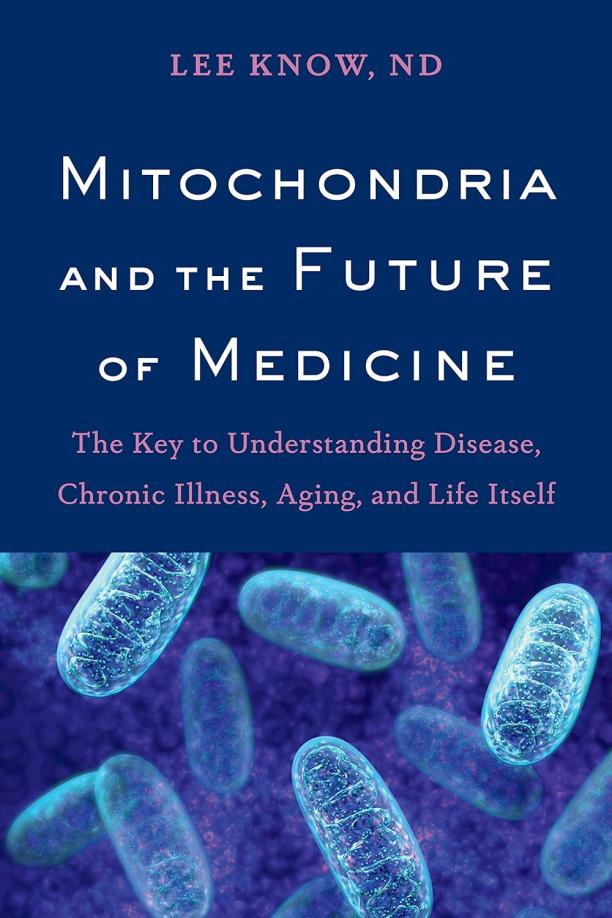
Mitochondria and the Future of Medicine
The Key to Understanding Disease, Chronic Illness, Aging, and Life Itself
Lee Know
The book explores the critical role of mitochondria in cellular function and overall health, delving into how mitochondrial dysfunction is linked to a wide range of diseases and aging processes. It discusses potential therapeutic strategies and lifestyle changes aimed at improving mitochondrial health to prevent and treat chronic illnesses and enhance longevity.
See full summary
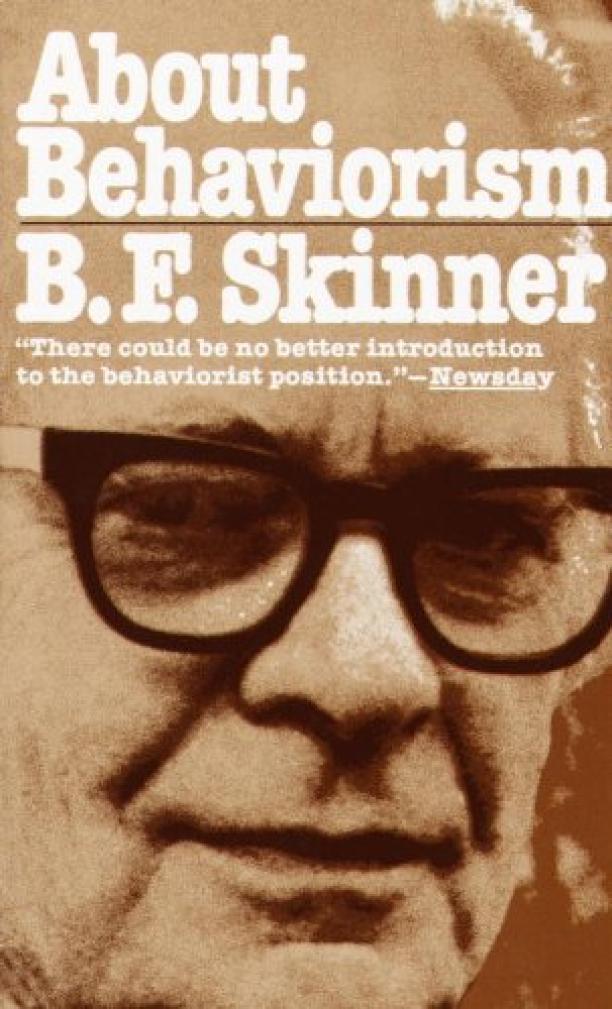
About Behaviorism
B. F. Skinner
The book presents a comprehensive overview of behaviorist theory, detailing the principles of behavior modification and the analysis of how environmental factors shape observable behavior. It also addresses and refutes common criticisms of behaviorism, advocating for its application in education, therapy, and societal improvement.
See full summary
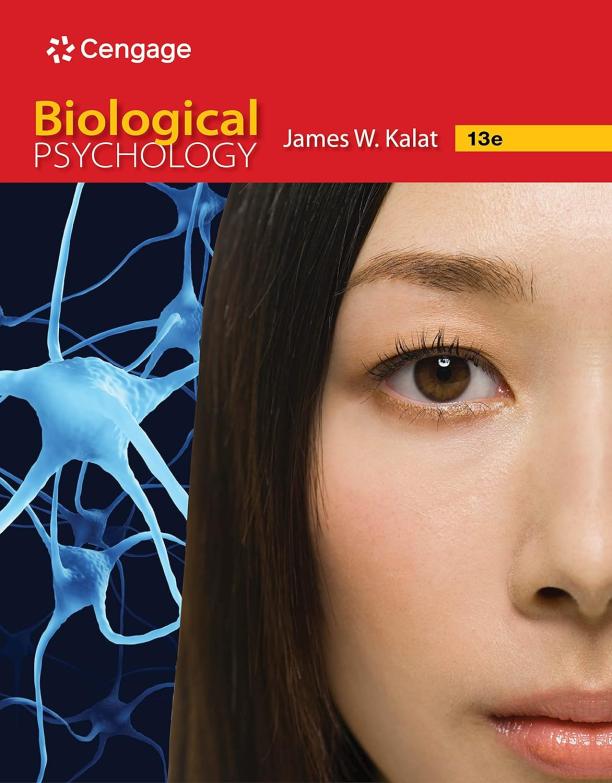
Biological Psychology
James W. Kalat
The book provides a comprehensive overview of the biological bases of behavior, exploring topics such as neuroscience, the functioning of the nervous system, and the role of genetics and evolution in psychology. It integrates clinical case studies and applications to illustrate the connection between biological principles and human behavior.
See full summary
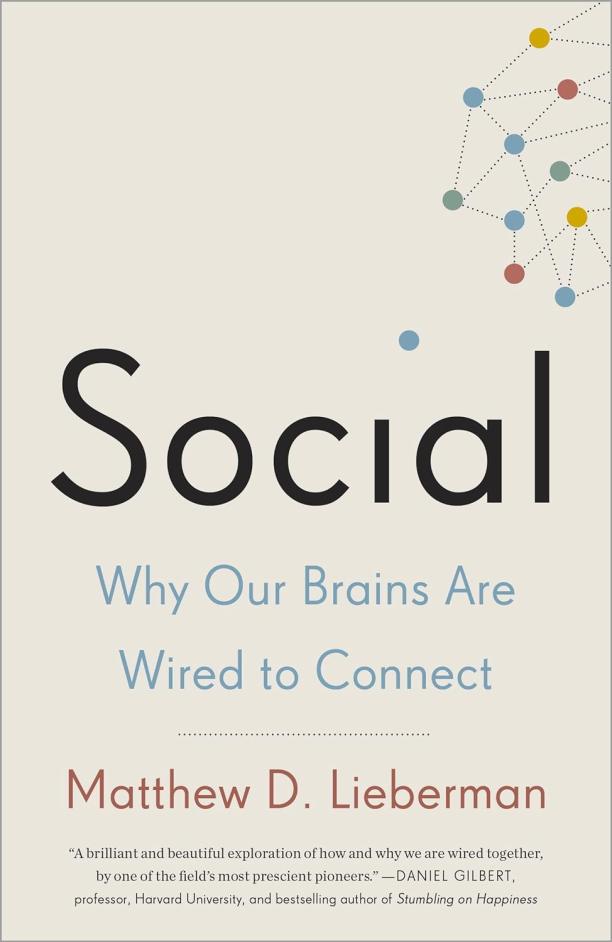
Social
Why Our Brains Are Wired to Connect
Matthew D. Lieberman
The book explores the neuroscience behind human social interactions, revealing how our brains are inherently designed to be social and how our need for connection influences our behavior, beliefs, and happiness. It delves into the science of social pain and pleasure, the importance of social thinking for learning, and the implications of our social wiring for leadership and policy.
See full summary
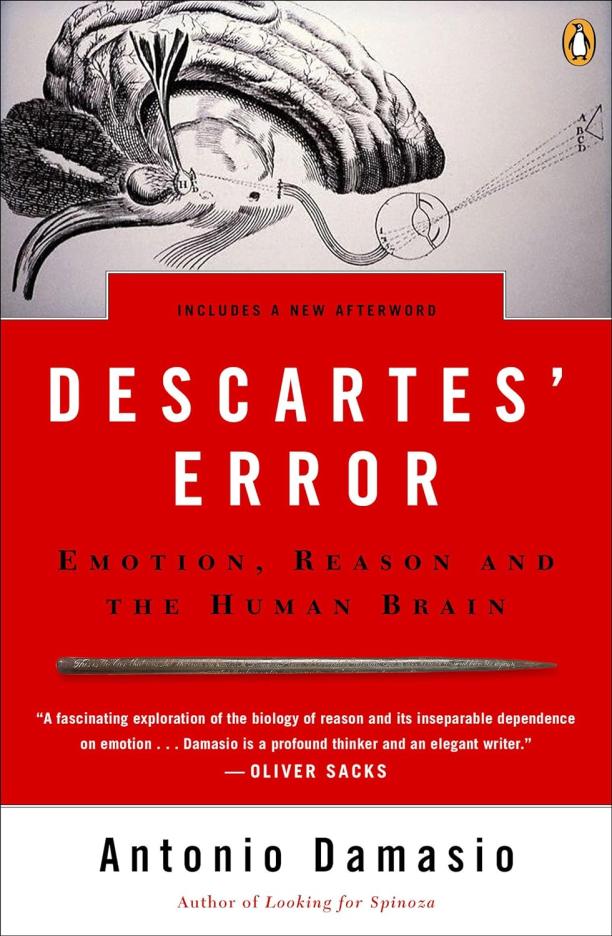
Descartes' Error
Emotion, Reason, and the Human Brain
Antonio R. Damasio
The book argues that emotion and reason are not separate but rather interdependent, challenging the traditional Cartesian view that mind and body are distinct. It presents neurological evidence that emotions play a central role in social cognition and decision-making, illustrating the importance of emotional processes in the functioning of the rational mind.
See full summary
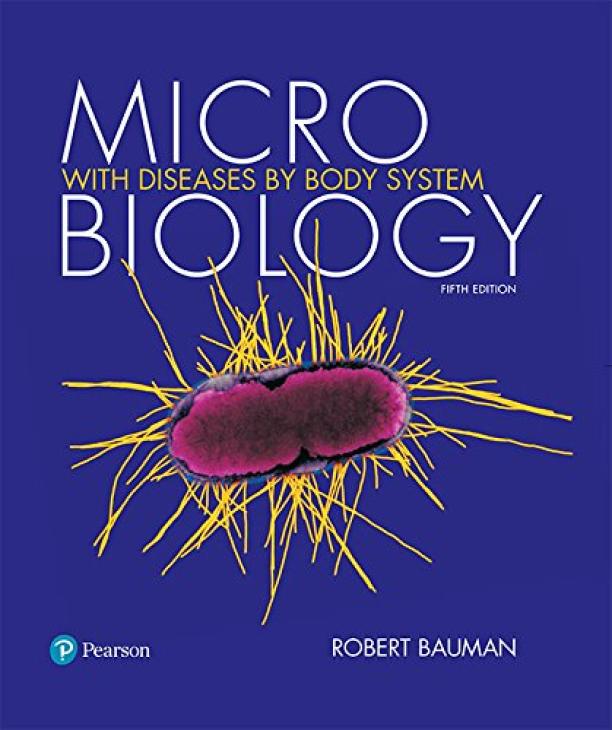
Microbiology with Diseases by Body System
Bauman Robert W..
The book provides a comprehensive overview of microbiological concepts, focusing on the impact of microbes on human body systems. It integrates clinical cases and discusses pathogenic bacteria, viruses, fungi, and parasites, linking them to various diseases and the body's defense mechanisms.
See full summary
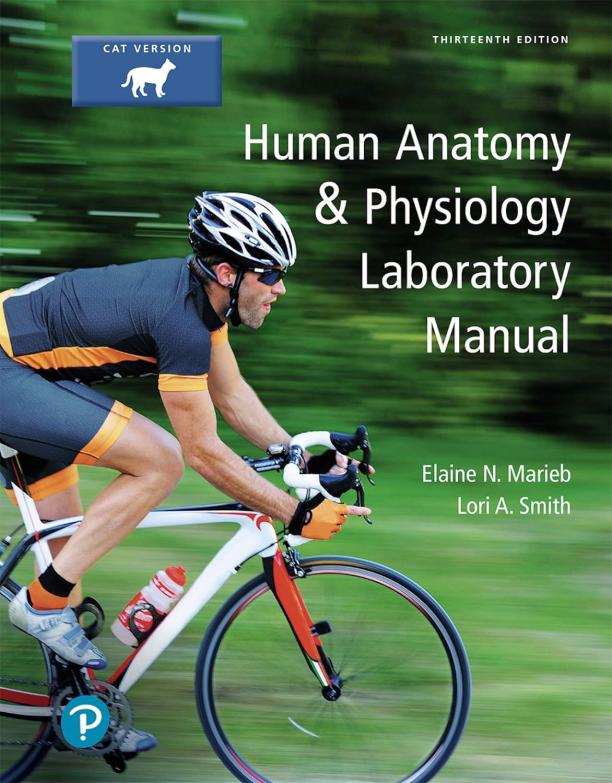
Human Anatomy & Physiology Laboratory Manual, Cat Version
Marieb Elaine N|Smith Lori A.
The manual provides a hands-on laboratory experience for students studying human anatomy and physiology, using a cat as the primary dissection specimen. It includes exercises that guide students through the dissection process, reinforce understanding of anatomical structures, and integrate physiological experiments to illustrate function and reinforce concepts.
See full summary
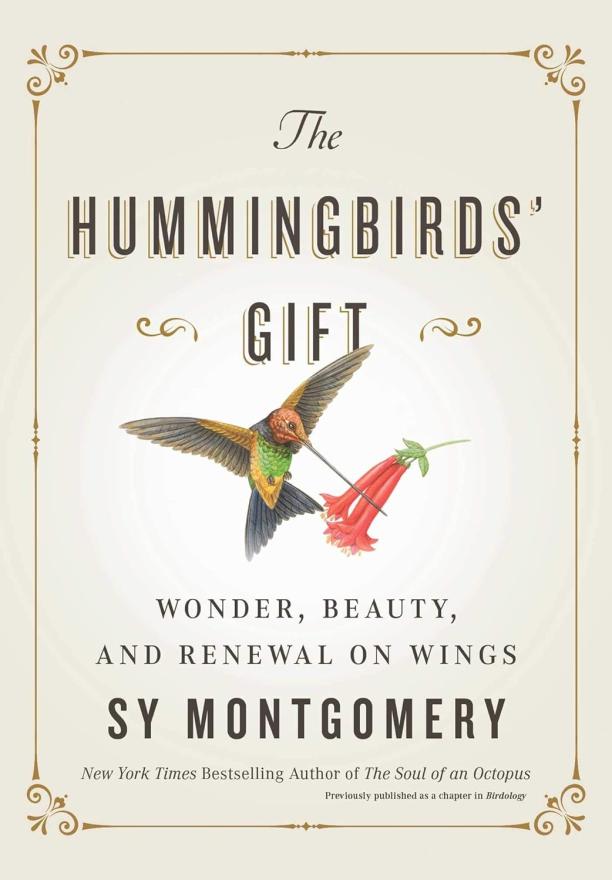
The Hummingbirds' Gift
Wonder, Beauty, and Renewal on Wings
Sy Montgomery
The book chronicles the author's experience assisting a bird rehabilitator in rescuing and nurturing two orphaned hummingbird chicks back to health. It delves into the marvels of these tiny creatures' lives, highlighting their resilience, the intricacies of their care, and the broader implications for nature and our connection to it.
See full summary
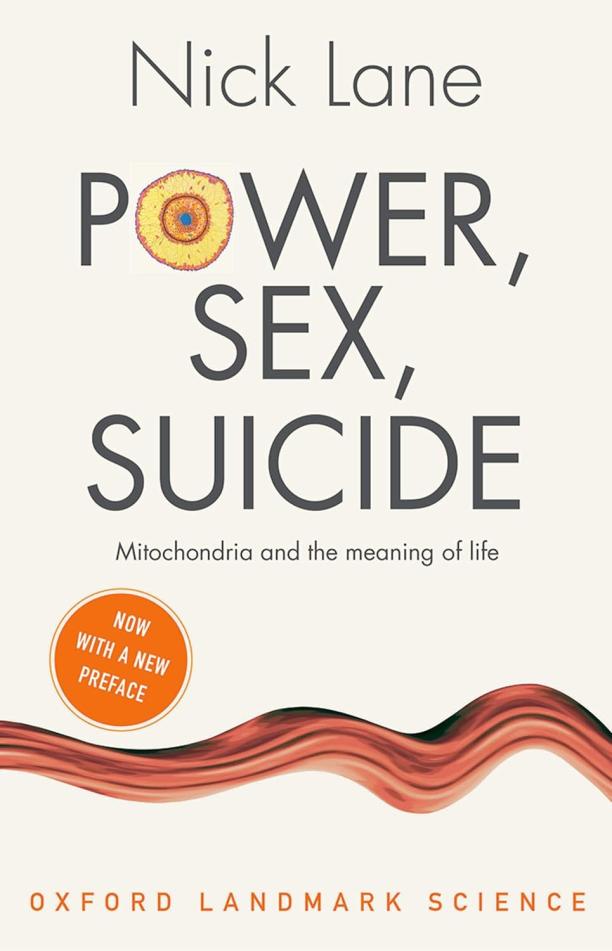
Power, Sex, Suicide
Mitochondria and the meaning of life
Nick Lane
The book delves into the pivotal role of mitochondria in the evolution of life, exploring how these organelles influence complex life through cellular energy production, aging, and death. It also examines the intriguing connection between mitochondrial function and various aspects of biology, including sex differentiation and the mechanisms behind some diseases.
See full summary
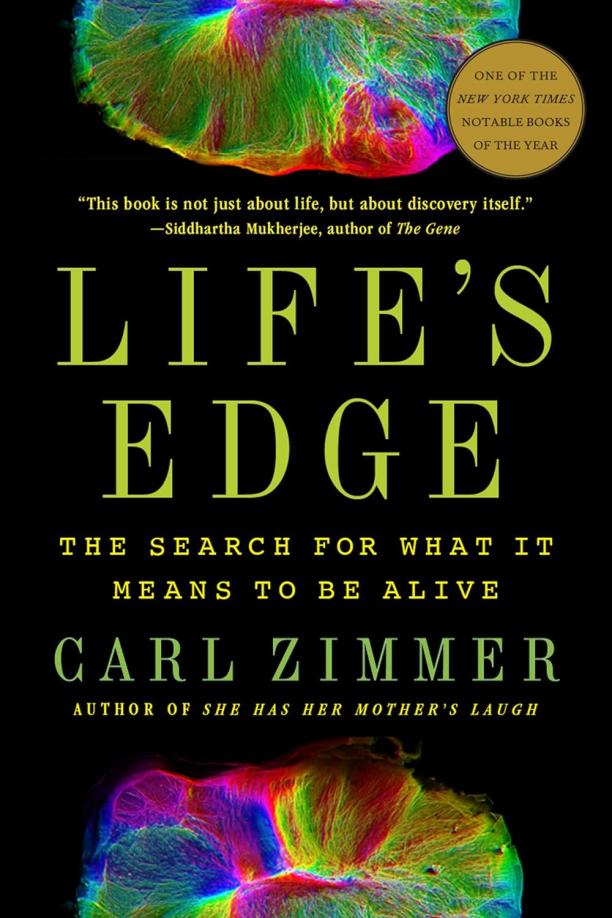
Life's Edge
The Search for What It Means to Be Alive
Carl Zimmer
The book explores the complex question of what it means to be alive, delving into the history of science and philosophy to examine the elusive definition of life. It presents a range of perspectives from biologists, researchers, and thinkers, along with intriguing examples of life's edge cases, such as viruses and artificial life.
See full summary